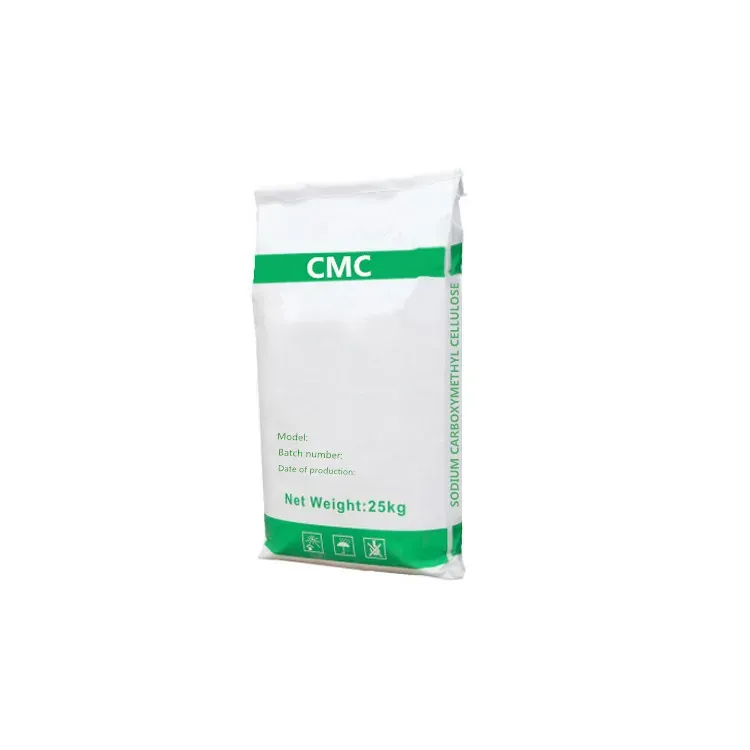
CMC Cellulose Supplier | High Purity, Factory Direct Price
cmc cellulose, cmc polymer, carboxymethylcellulose price, cmc company is a key solution in the chemical industry industry, specifically within Fine chemical manufacturing and Cellulose ether manufacturing. This article explores how Hebei Tangzhi Technology Co., Ltd. supports professionals with durable, high-performance products, and explains why this product is an ideal choice for businesses in these sectors.

Table of Contents
- cmc cellulose, cmc polymer, carboxymethylcellulose price, cmc company Overview
- Benefits & Use Cases of cmc cellulose, cmc polymer, carboxymethylcellulose price, cmc company in Cellulose ether manufacturing
- Cost, Maintenance & User Experience
- Sustainability & Market Trends in chemical industry
- Conclusion on cmc cellulose, cmc polymer, carboxymethylcellulose price, cmc company from Hebei Tangzhi Technology Co., Ltd.
cmc cellulose, cmc polymer, carboxymethylcellulose price, cmc company Overview
Sodium carboxymethyl cellulose (CMC) is an anionic, water‑soluble cellulose ether engineered to control rheology, stabilize suspensions, and enhance water retention in a wide range of formulations. In the chemical industry—especially Fine chemical manufacturing and Cellulose ether manufacturing—cmc cellulose is prized for its reliable thickening performance, salt tolerance, and compatibility with other polymers and electrolytes. Produced by etherifying purified cellulose in an alkaline medium, cmc polymer is available in customizable viscosity grades and degrees of substitution to fine‑tune flow curves from Newtonian to pseudoplastic behavior.
Hebei Tangzhi Technology Co., Ltd. manufactures CMC with tight control over purity, ash, sodium chloride/glycolate content, moisture, and particle size distribution to ensure rapid dissolution and low fisheye formation. Typical offerings span low to ultra‑high viscosities, with options optimized for detergents, ceramics, paper, coatings, oilfield fluids, and personal care. For B2B decision makers, this translates to robust process stability, predictable scale‑up, and fewer batch deviations. Whether you are benchmarking cmc company options or comparing the carboxymethylcellulose price across grades, Tangzhi’s technical support and quality consistency simplify specification and qualification.
Benefits & Use Cases of cmc cellulose, cmc polymer, carboxymethylcellulose price, cmc company in Cellulose ether manufacturing
Within Cellulose ether manufacturing, cmc polymer functions as a versatile rheology modifier that integrates seamlessly with HPMC, HEC, and other ethers. In tile adhesives and dry‑mix mortars, cmc cellulose improves water retention and open time while balancing sag resistance. In ceramics, it stabilizes slurries, enhances green strength, and contributes to uniform drying. For paper and coatings, it boosts surface sizing, pigment suspension, and film formation, leading to smoother finishes and reduced defects. Oilfield customers leverage CMC for filtration control and shale inhibition, benefiting from its electrolyte tolerance.
Key advantages include fast hydration with low agglomeration, consistent Brookfield viscosity across batches, and tailored pseudoplasticity for pumpability and sprayability. Compared with generic alternatives, CMC from a specialized cmc company like Hebei Tangzhi Technology Co., Ltd. offers fine‑tuned DS (degree of substitution) for better salt compatibility and optimized particle size for rapid dispersion in both cold and warm water. Tangzhi’s application engineers help calibrate dosage, mixing sequence, and co‑additives—minimizing trial time and accelerating time‑to‑market while safeguarding end‑product performance.
Cost, Maintenance & User Experience
When evaluating carboxymethylcellulose price, consider total cost of ownership rather than unit price alone. Grade selection (viscosity, DS), purity, packaging, and logistics all influence TCO. In many formulations, higher‑performing cmc cellulose lowers total dosage, reduces rework and downtime, and stabilizes yield—improving ROI. Hebei Tangzhi Technology Co., Ltd. supports cost modeling by aligning performance targets with the most economical grade and by recommending mixing protocols that shorten hydration time and cut energy use.
Storage and handling are straightforward: keep CMC sealed, dry, and away from humidity to avoid premature hydration; adopt high‑shear or controlled vortex induction when dispersing to minimize fisheyes. With proper storage, typical shelf life can extend up to 24 months (confirm on the COA for your specific grade). B2B users report smoother batching, fewer viscosity drifts, and consistent downstream processing when switching to Tangzhi’s cmc polymer—benefits that often outweigh marginal differences in carboxymethylcellulose price. For procurement teams, stable lead times and reliable documentation from a trusted cmc company further reduce operational risk.
Sustainability & Market Trends in chemical industry
CMC is derived from cellulose, a renewable resource, aligning well with the industry’s shift toward bio‑based, low‑VOC, waterborne systems. Regulatory trends—including tighter VOC limits, growing scrutiny on persistent microplastics, and expanded environmental disclosures—favor natural polymers like cmc cellulose that can improve formulation profiles without sacrificing performance. Demand is rising in packaging adhesives, building materials, home and personal care, and oilfield applications as manufacturers prioritize safer solvents and greener chemistries.
Hebei Tangzhi Technology Co., Ltd. adopts a forward‑looking approach—emphasizing efficient etherification, waste minimization, and responsible sourcing. The company’s quality systems and technical dossiers support compliance with major market requirements, helping B2B buyers navigate audits and approvals. By selecting a knowledgeable cmc company with strong application support, you can future‑proof formulations, meet customer sustainability goals, and keep pace with evolving standards while maintaining competitive performance‑to‑price ratios in your carboxymethylcellulose price strategy.
Conclusion on cmc cellulose, cmc polymer, carboxymethylcellulose price, cmc company from Hebei Tangzhi Technology Co., Ltd.
For Fine chemical manufacturing and Cellulose ether manufacturing, cmc cellulose delivers dependable rheology control, stability, and processing efficiency. Hebei Tangzhi Technology Co., Ltd. combines consistent quality with expert formulation guidance—helping you balance performance, risk, and carboxymethylcellulose price. If you are comparing suppliers, this cmc company stands out for technical depth and responsive service.
Contact us: email: admin@tangzhicellulose.com
Visit our website: https://www.tangzhihpmc.com
-
Reliable Powdered Cellulose Supplier: Quality, Sustainability & InnovationNewsNov.24,2025
-
Find Trusted Microfibrillated Cellulose Suppliers for Sustainable Industrial SolutionsNewsNov.24,2025
-
Leading Methocel Suppliers: Quality, Innovation & Sustainability in Methylcellulose SupplyNewsNov.23,2025
-
Reliable Hydroxyethylcellulose Suppliers for Industry & Sustainability | Tangzhi HPMCNewsNov.23,2025
-
Top Ethyl Cellulose Supplier – Quality, Sustainability, and Industrial SupportNewsNov.23,2025
-
Trusted CMC Powder Suppliers for Food, Pharma & Industrial Use | Tangzhi HPMCNewsNov.22,2025





















